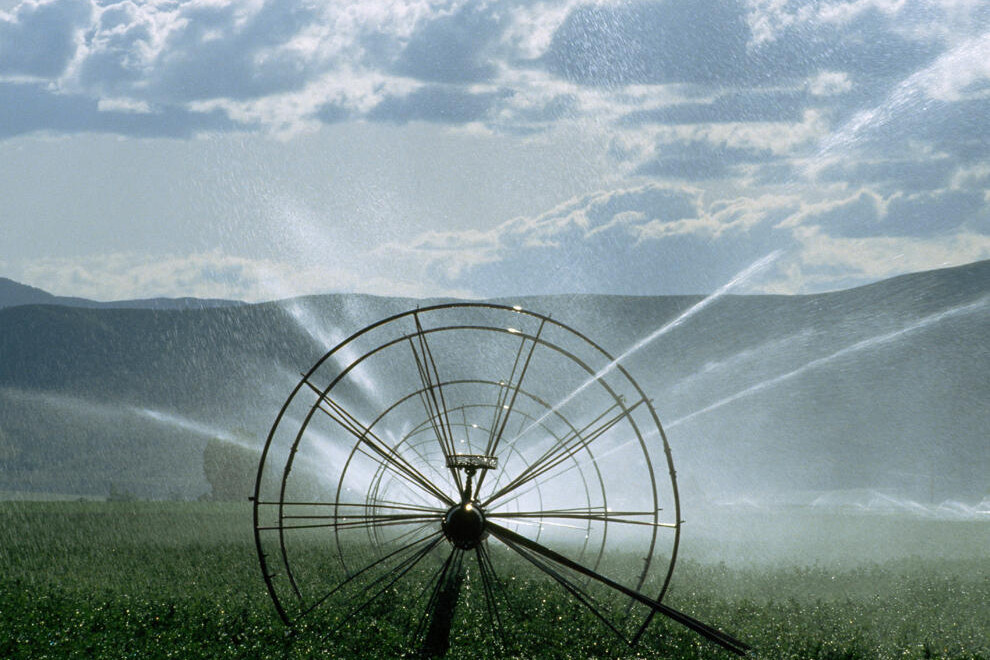Agriculture
10 November, 2023
Productivity needs water now and well into future
By CHRIS EARL IRRIGATION is a critical input for agricultural production, and plays an important role in food security in Australia and abroad. The World Bank says irrigated agriculture represents 20 per cent of the planet’s total cultivated land...

By CHRIS EARL
IRRIGATION is a critical input for agricultural production, and plays an important role in food security in Australia and abroad. The World Bank says irrigated agriculture represents 20 per cent of the planet’s total cultivated land and contributes 40 per cent of the total food produced worldwide.
So goes the narrative from one of the water irrigation companies in the Australia, and for that matter Victorian market.
According to the World Bank, irrigated agriculture is, on average, at least twice as productive per unit of land as rainfed agriculture, thereby allowing for more production intensification and crop diversity.
“Given population growth and the need for food export growth in Australia, it is widely expected that the agricultural sector here will have to expand the use of irrigation over the years ahead. This will become even more important as we have now declared the first El Nino drier phase of our climate patterns since 2018,” Australian irrigation and water resources authority Andrew Heslin said this week.
Mr Heslin may come from the industry that exists only because of irrigation but his words should be a poignant prod to federal Water Minister Tanya Plibersek who sadly, and some could argue irrationally, appears hellbent on long-term destroying productive use of farmland across the northern Victoria with her idealogical pursuit of water buybacks.
Loddon Shire Council and other members of the Murray River Group have taken their case, and that of farmers across the region, to Canberra - pushing back against a policy formula that is further alienating rural communities.
The Federal Government of Prime Minister Albanese is but just under 18 months old. The PM himself is constantly travelling the world yet has trouble navigating maps that bring him into real rural Victoria.
If Mr Albanese and Ms Plibersek could make it to northern Victoria they would learn farmers are not only concerned about water buybacks threatening their (and the national) productivity, but have the unknown impact of VNI West transmission lines on future agricultural production in the equally ideologically-driven renewable energy transmissions being hastily rammed through by the Federal and State Governments.
And that’s before the usual cyclic variances of the weather having an impact on farm production and what can be supplied to supermarkets or dollars added to the nation’s economic bottom line.
As we have reported in this week’s Loddon Herald, the Murray River Group tooks its message to Canberra last week.
“The reintroduction of water buybacks would cause significant negative socio-economic impacts on industries, economies and communities” was the key message of chair Rob Amos at a public hearing for the Inquiry into the Water Amendment (Restoring Our Rivers) Bill 2023 in the Senate.
If the current Federal Government gets things wrong and ignores the voice of country people, it won’t be the the first time that a government had worked against rural Australians in the past 50 years.
Governments through the decades have used country areas for advancement of their own idealologies - social, economic - without a thought or a care that decisions diminish the strength and productivity of bush towns.
But each whack at the bush, only brings country towns a step closer to standing up to any government. Water buybacks is looming AS that step waiting to be taken.